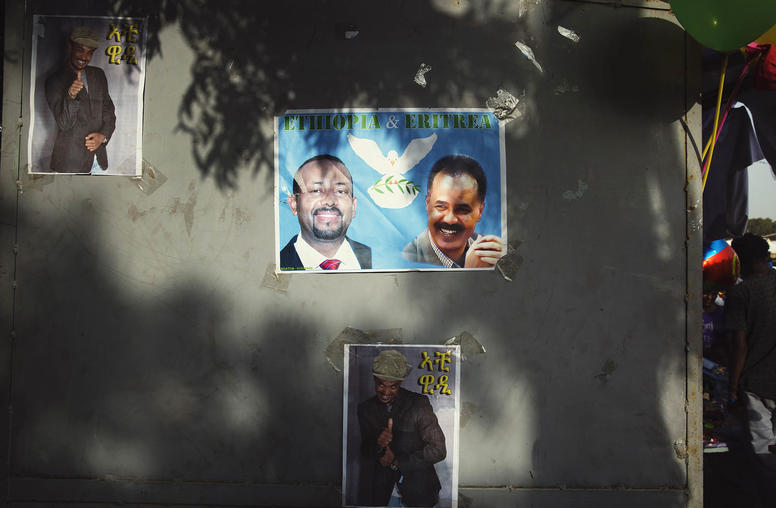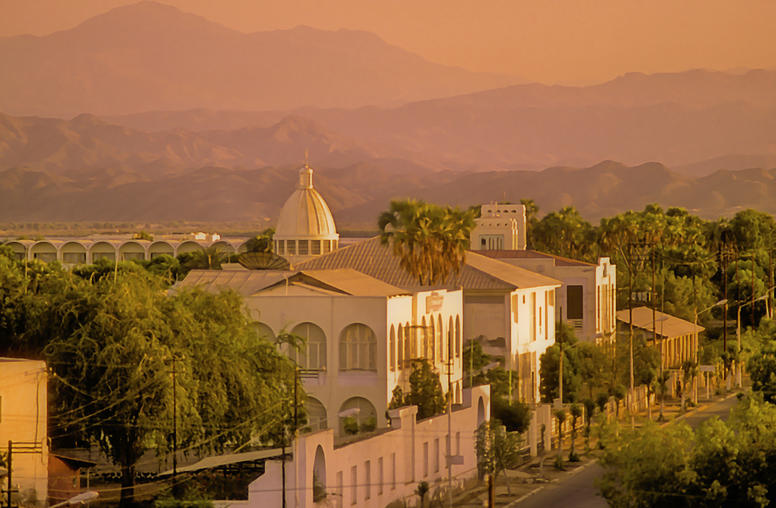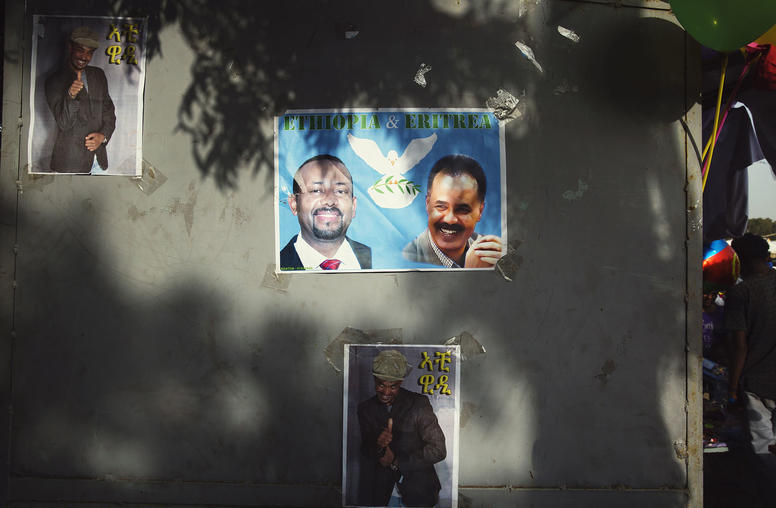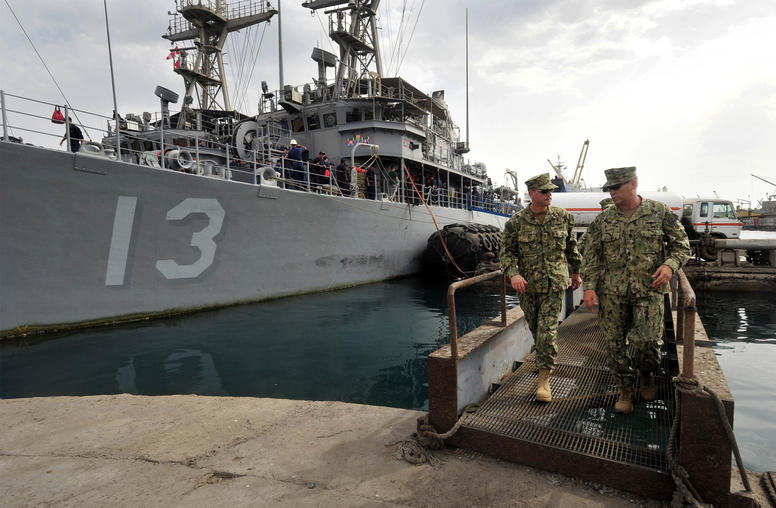Building for Peace in the Horn of Africa: Diplomacy and Beyond

Summary
- Already the deadliest conflict cluster in the world, the Horn of Africa has exploded again because of the intensification of the once-improbable Ethiopia-Eritrea war.
- Support by Ethiopia and Eritrea for proxy militias in Somalia has reignited the Somali civil war and threatened the south with renewed famine.
- The development of the oil sector in Sudan has led that regime to expand its slow-motion campaign of ethnic cleansing, further complicating efforts to rebuild a viable peace process and ensuring the continued destabilization of northern Uganda.
- An internationally coordinated diplomatic strategy should be forged for ending the wars throughout the entire Horn region, involving the enhancement of first and second track diplomacy, support for regional dispute resolution capacity, and commitment to post war transition planning.
- Buttressing democratic institution building in the Horn is a critical element in a broader conflict resolution strategy, including support for responsive local administration, civil society, open media, future leadership, and democratic processes.
- Development aid, trade and investment promotion, regional cooperation strategies, and economic reform advocacy could be integrated much more consciously into strategies that build for a more peaceful future in the Horn.
About the Report
This report results from recent trips to the Horn of Africa by John Prendergast, Executive Fellow at the United States Institute of Peace and previously Director of African Affairs at the National Security Council. This report is the first of two that explore more multifaceted approaches to African conflict resolution. A subsequent report will address conflict in Central Africa. The reports draw on Prendergast's experience in international negotiation, human rights investigation, grassroots development, democracy promotion and humanitarian response.



